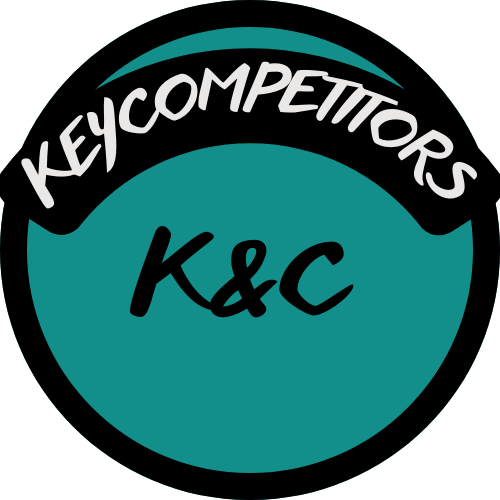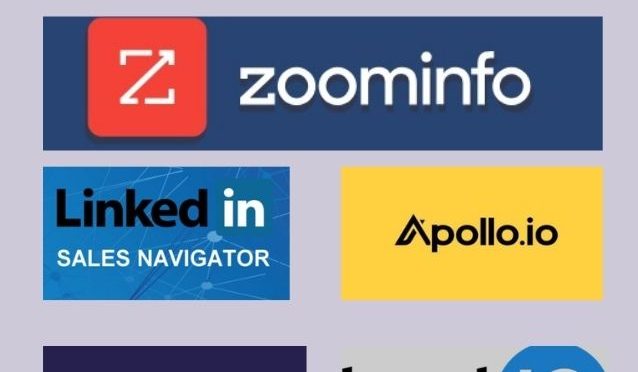Introduction to QuickBooks Alternatives
In this article, we will analyze the accounting software market, where Intuit QuickBooks is a dominant player, and Quickbooks alternatives. QuickBooks alternatives include a range of solutions, from cloud-based accounting software for small businesses to enterprise resource planning (ERP) systems for larger organizations. We believe understanding the strengths and weaknesses of these QuickBooks alternatives will be a guide for businesses looking for the right accounting software to effectively manage their finances.
What is QuickBooks? What does it do?
QuickBooks, with its various versions like QuickBooks Online and QuickBooks Desktop, has been a popular choice for businesses for many years. It offers a wide range of features, including accounting, invoicing, expense tracking, and reporting. However, the accounting software market is evolving rapidly, with cloud-based solutions, mobile accessibility, and automation becoming increasingly important. This evolution has led to the emergence of numerous QuickBooks alternatives, each catering to different needs and preferences.
Key QuickBooks Alternatives
This analysis delves deeper into some of the most prominent QuickBooks alternatives, categorized by their target audience and focus:
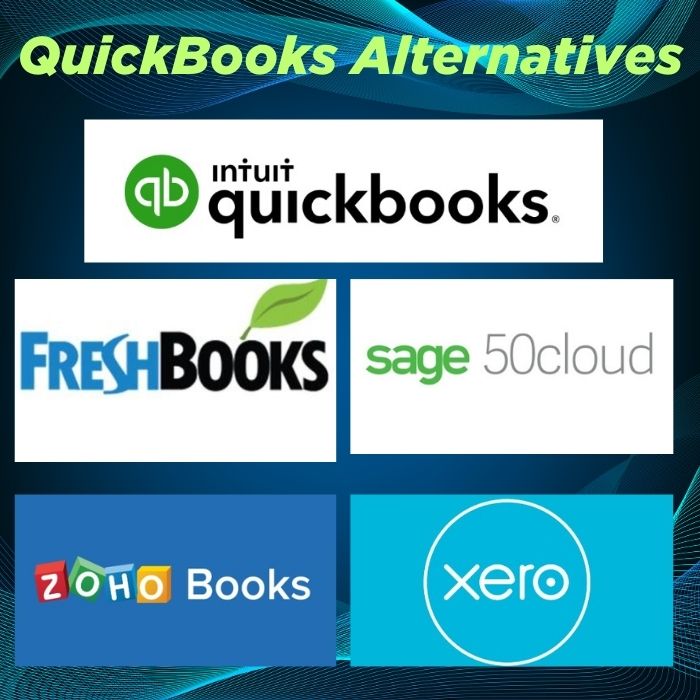
| Feature | QuickBooks | Xero | Zoho Books | FreshBooks | Sage 50cloud |
| Founded | 1983 | 2006 | 2011 | 2003 | 1981 |
| Founder(s) | Scott Cook & Tom Proulx | Rod Drury & Hamish Edwards | (part of Zoho Corporation) | Mike McDerment | David Goldman |
| CEO | Sasan Goodarzi | Sukhinder Singh Cassidy | (part of Zoho Corporation) | Mike McDerment | Steve Hare |
| Mission | To power prosperity around the world. | To make life better for people in small business. | To provide businesses with the tools they need to grow and succeed. | To help small businesses and self-employed professionals save time and get paid faster. | To knock down barriers to small business success. |
| Employees | ~17,000 | ~3,500 | (part of Zoho Corporation) | ~500 | ~6,100 |
| Headquarters | Mountain View, California, USA | Wellington, New Zealand | Pleasanton, California, USA | Toronto, Ontario, Canada | Newcastle upon Tyne, UK |
Market Share (Approximate) of the QuickBooks Alternatives
- QuickBooks Online: ~70% (dominant player in the US market for small business accounting software)
- Xero: ~15% (strong presence in Australia, New Zealand, and the UK)
- Zoho Books: ~5% (growing popularity with its integrated suite of business applications)
- FreshBooks: ~4% (focuses on invoicing and accounting for freelancers and small businesses)
- Sage 50cloud: ~3% (established player in the UK and Ireland)
Product Range of the QuickBooks Competitors
- QuickBooks: QuickBooks Online, QuickBooks Desktop, QuickBooks Self-Employed, QuickBooks Payroll, QuickBooks Payments.
- Xero: Xero Accounting, Xero Payroll, Xero Expenses, Xero Projects.
- Zoho Books: Zoho Books, Zoho Expense, Zoho Inventory, Zoho CRM, and other Zoho business applications.
- FreshBooks: FreshBooks Classic, FreshBooks Lite, FreshBooks Plus, FreshBooks Premium.
- Sage 50cloud: Sage 50cloud Accounting, Sage 50cloud Payroll, Sage 50cloud Manufacturing.
Pricing (Approximate) of the QuickBooks Alternatives
- QuickBooks Online: Simple Start ($30/month), Essentials ($55/month), Plus ($85/month), Advanced ($200/month)
- Xero: Early ($13/month), Growing ($42/month), Established ($70/month)
- Zoho Books: Free, Standard ($20/month), Professional ($35/month), Premium ($50/month)
- FreshBooks: Lite ($17/month), Plus ($30/month), Premium ($55/month)
- Sage 50cloud: Accounting Start ($28/month), Accounting ($52/month), Accounting Premium ($83/month)
Strengths and Weaknesses of the QuickBooks Alternatives
QuickBooks:
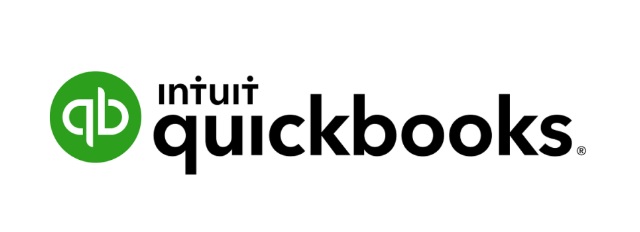
- Strengths: Widely recognized brand, comprehensive features, large user base, and strong ecosystem of integrations.
- Weaknesses: Can be expensive, some versions have a steep learning curve, and customer support can be inconsistent.
Xero:

- Strengths: User-friendly interface, strong online collaboration features, and good value for the price.
- Weaknesses: Limited features compared to QuickBooks in some areas, and customer support can be challenging to reach.
Zoho Books:
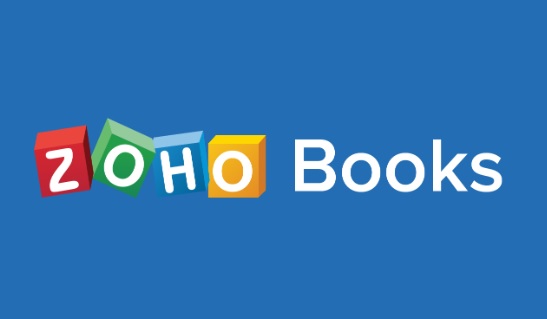
- Strengths: Integration with other Zoho business applications, affordable pricing, and a user-friendly interface.
- Weaknesses: May not be as feature-rich as QuickBooks or Xero for certain accounting needs.
FreshBooks:

- Strengths: Simple and intuitive interface, strong focus on invoicing and time tracking, and good for freelancers and small businesses.
- Weaknesses: Limited accounting features compared to QuickBooks, and may not be suitable for larger businesses.
Sage 50cloud:
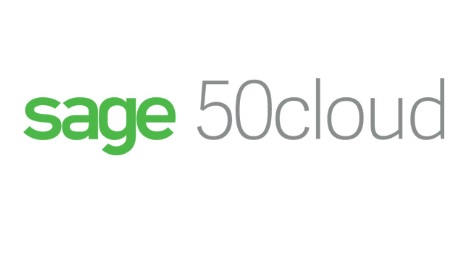
- Strengths: Established brand in the UK and Ireland, strong accounting and reporting features, and good for businesses with inventory management needs.
- Weaknesses: Can be more expensive than some competitors, and its interface may not be as modern as some cloud-based solutions.
Investments and Future Plans of the QuickBooks Alternatives
- QuickBooks: Investing in AI and machine learning for automation and insights, expanding its ecosystem of integrations, and improving its user experience.
- Xero: Expanding its global reach, enhancing its mobile app, and developing new features for small businesses.
- Zoho Books: Improving its integration with other Zoho applications, adding new features, and growing its user base.
- FreshBooks: Expanding its accounting features, improving its project management capabilities, and growing its customer base.
- Sage 50cloud: Modernizing its platform, expanding its cloud offerings, and enhancing its reporting and analytics capabilities.
Head-to-Head Comparison of the QuickBooks Alternatives
- QuickBooks Online vs Xero: QuickBooks Online is the more established and feature-rich platform, while Xero is known for its user-friendliness and online collaboration features.
- QuickBooks Online vs Zoho Books: QuickBooks Online offers a wider range of accounting features and integrations, while Zoho Books is more affordable and integrates well with other Zoho applications.
- QuickBooks Self-Employed vs FreshBooks: Both cater to freelancers and small businesses, but QuickBooks Self-Employed focuses on tax preparation and expense tracking, while FreshBooks emphasizes invoicing and time tracking.
Consumer Experiences and Preferences of the QuickBooks Alternatives
- Ease of Use: User-friendliness is a key factor for many businesses. Xero and Zoho Books are often praised for their intuitive interfaces, while QuickBooks can have a steeper learning curve.
- Features: Different businesses have different accounting needs. QuickBooks offers the most comprehensive features, while others like FreshBooks focus on specific needs like invoicing.
- Pricing: Affordability is an important consideration, especially for small businesses. Zoho Books and Xero offer more budget-friendly options.
- Integrations: Integration with other business tools can streamline workflows. QuickBooks has a large ecosystem of integrations, while Zoho Books integrates well with other Zoho applications.
- Customer Support: Responsive and helpful customer support can be crucial for resolving accounting issues.
Customer Satisfaction of the QuickBooks Alternatives
- QuickBooks: Customer satisfaction can be mixed, with some users praising its features and others expressing frustration with its complexity or customer support.
- Xero: Generally receives positive customer feedback for its user-friendly interface, online collaboration features, and value for the price.
- Zoho Books: Often praised for its affordability and ease of use, but some users may find its feature set limited compared to QuickBooks.
- FreshBooks: Highly regarded for its simplicity and focus on invoicing, particularly for freelancers and small businesses.
- Sage 50cloud: Has a loyal customer base, especially in the UK, but some users may find its interface less modern compared to cloud-based competitors.
Conclusion
QuickBooks is a dominant player in the accounting software market, but it faces competition from a variety of companies with different strengths and weaknesses. When choosing accounting software, businesses should consider their specific needs, size, budget, and user preferences. By understanding the competitive landscape and the offerings of each vendor, organizations can make informed decisions about the best tools to manage their finances effectively. If you liked this review, you can also review our article about other Business Services posts here.
Final Thoughts on QuickBooks Alternatives
The accounting software landscape is rich with options beyond QuickBooks. Each alternative offers unique features and benefits that cater to specific business needs. Whether you prioritize user-friendliness, affordability, or comprehensive features, exploring these QuickBooks alternatives will empower you to choose the best solution for your financial management.
